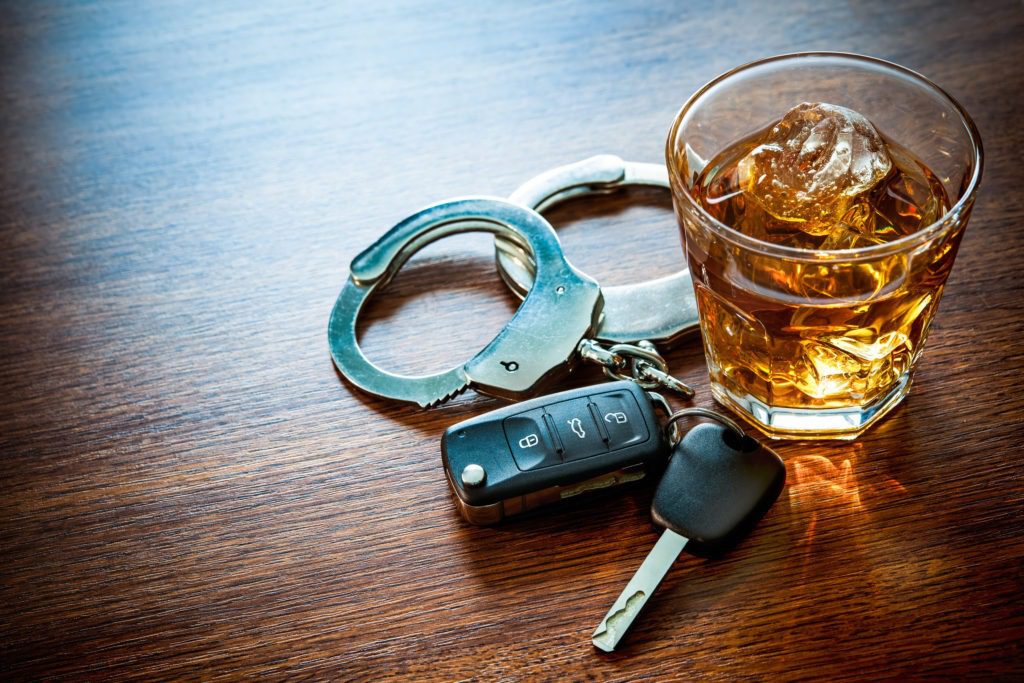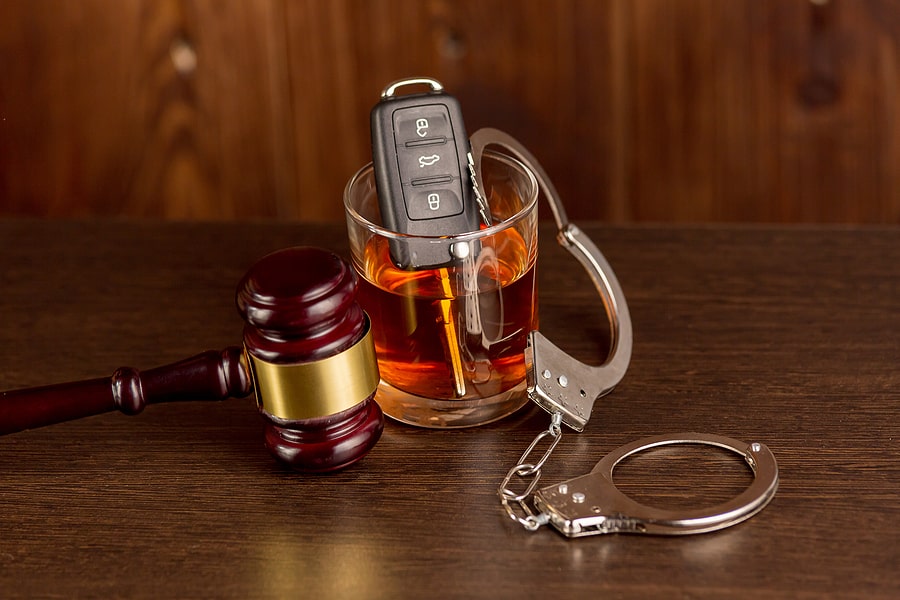Driving While Intoxicated (DWI) charges in Houston, Texas, can have severe consequences, ranging from hefty fines to license suspension or even imprisonment. For individuals facing such charges, the importance of competent legal representation cannot be overstated. In the sprawling metropolis of Houston, where DWI cases are not uncommon, navigating the legal system requires expertise, diligence, and strategic planning. This article aims to outline the ten best practices that DWI lawyers in Houston should adhere to in order to effectively represent their clients and achieve favorable outcomes.
Page Contents
1. Thorough Understanding of Texas DWI Laws:
The foundation of effective representation in DWI cases begins with a comprehensive understanding of Texas DWI laws. Lawyers must be well-versed in the nuances of these laws, including permissible blood alcohol concentration (BAC) levels, field sobriety tests, and potential penalties. Staying updated on recent legal developments and precedents is crucial for providing informed counsel to clients.

2. Prompt Client Communication and Support:
Facing DWI charges can be an overwhelming experience for individuals, often leading to anxiety and uncertainty. DWI lawyers in Houston must prioritize prompt and clear communication with their clients, providing reassurance, answering questions, and offering guidance throughout the legal process. Building a supportive attorney-client relationship fosters trust and confidence, which is essential for effective representation.
3. Thorough Case Investigation:
Every DWI case is unique, and thorough case investigation is imperative for building a strong defense strategy. Lawyers should meticulously review all available evidence, including police reports, witness statements, and chemical test results. Identifying any procedural errors or inconsistencies in the prosecution’s case can provide opportunities for defense arguments and potential dismissal of charges.
4. Strategic Plea Negotiation:
In some cases, negotiating a plea deal may offer the most favorable outcome for the defendant. DWI lawyers should possess strong negotiation skills to advocate for reduced charges, lesser penalties, or alternative sentencing options such as probation or participation in alcohol education programs. Strategic plea negotiation requires a thorough assessment of the case strengths and weaknesses, as well as consideration of the client’s best interests.
5. Expertise in Field Sobriety Testing:
Field sobriety tests, such as the Walk-and-Turn or One-Leg Stand, are commonly used by law enforcement officers to assess a driver’s level of impairment. However, these tests are subjective and prone to errors. DWI lawyers should have expertise in challenging the validity of field sobriety tests, highlighting factors such as environmental conditions, physical impairments, or improper administration that may have influenced the results.
6. Vigorous Defense in Court:
For cases that proceed to trial, DWI lawyers must mount a vigorous defense in court. This includes cross-examining prosecution witnesses, presenting compelling evidence, and delivering persuasive arguments to the judge or jury. Effective courtroom advocacy requires confidence, preparation, and the ability to think quickly on one’s feet to counter the prosecution’s assertions.
7. Utilization of Expert Witnesses:
Expert witnesses, such as forensic toxicologists or accident reconstruction specialists, can provide invaluable testimony to support the defense’s case. DWI lawyers should collaborate with qualified experts to analyze chemical test results, challenge the accuracy of breathalyzer machines, or refute the prosecution’s theories regarding impairment. Expert testimony adds credibility to the defense and can sway the outcome of the trial.
8. Mitigation of Collateral Consequences:
In addition to criminal penalties, DWI convictions can have far-reaching collateral consequences, including driver’s license suspension, increased insurance premiums, and professional or reputational damage. Houston DWI lawyers should proactively address these collateral consequences, assisting clients in mitigating their impact through license reinstatement procedures, negotiation with insurance providers, or counseling on potential employment ramifications.

9. Continued Legal Education and Training:
The field of DWI defense is constantly evolving, with new legal precedents, scientific advancements, and procedural changes shaping the landscape. Successful DWI lawyers in Houston prioritize continued legal education and training to stay abreast of emerging trends and developments. Participation in relevant seminars, workshops, and professional associations enhances lawyers’ knowledge and skills, ultimately benefiting their clients.
10. Compassionate and Ethical Representation:
Above all, DWI lawyers in Houston must approach their practice with compassion, integrity, and ethical conduct. While advocating zealously for their clients’ interests, lawyers should adhere to the highest standards of professionalism and respect for the legal system. Maintaining open lines of communication, upholding confidentiality, and treating all parties involved with dignity and respect are essential aspects of ethical representation.
Conclusion:
Navigating the complexities of DWI charges in Houston demands a combination of legal expertise, strategic acumen, and compassionate advocacy. By adhering to the ten best practices outlined in this article, DWI lawyers can position themselves for success in representing their clients and achieving favorable outcomes. From thorough case investigation to vigorous courtroom advocacy and mitigation of collateral consequences, these practices form the cornerstone of effective DWI defense in the dynamic legal landscape of Houston, Texas.


